If you struggle with histamine intolerance, you want to keep an eye out for foods that might trigger histamine sensitivity in you. Potatoes are the most consumed vegetable in the US. So, sooner or later, you may find yourself wondering if they are high in histamine.
Are potatoes high in histamine?
Potatoes are ordinarily not high in histamine. You could even conclude that potatoes are a low-histamine food item.
However, this does not mean that potatoes cannot be a problem if you have histamine intolerance.
Depending on various factors, potatoes, albeit low-histamine, can aggravate histamine sensitivity. We say more about this in the rest of this article. We also discuss other possible downsides of eating potatoes and much more.
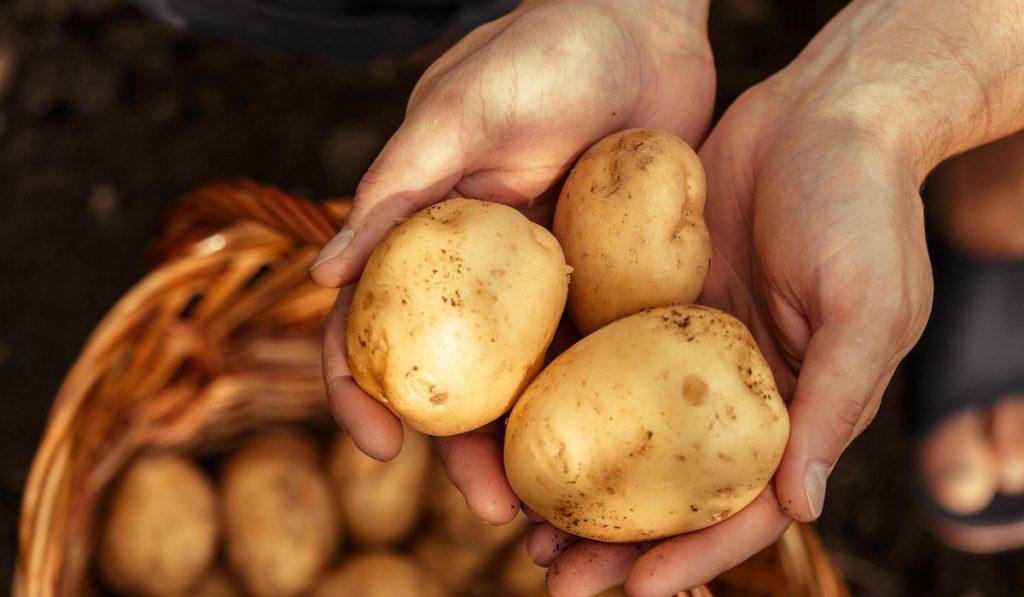
Table of Contents
Are Potatoes High in Histamine?
Alone, potatoes are not high in histamine. However, depending on the cooking methods and ingredients used in preparing them, they might trigger your histamine intolerance.
For instance, if you prepare your potato using rice vinegar as one of the ingredients, your meal may be high in histamine. This is true because rice vinegar is high in histamine.
When you consider cooking methods, fried potatoes may have relatively more histamine than boiled or steamed potatoes. So, if you have histamine intolerance, you should be wary of fried potatoes. But then, keep in mind that sensitivity to histamine differs from one person to another.
So, while we say fried potatoes could be high in histamine, you may see no reaction when you eat fried potatoes.
Still, when making fried potatoes, ensure you use low-histamine oil. This way, you will further minimize your risk of experiencing histamine sensitivity from eating the potatoes.
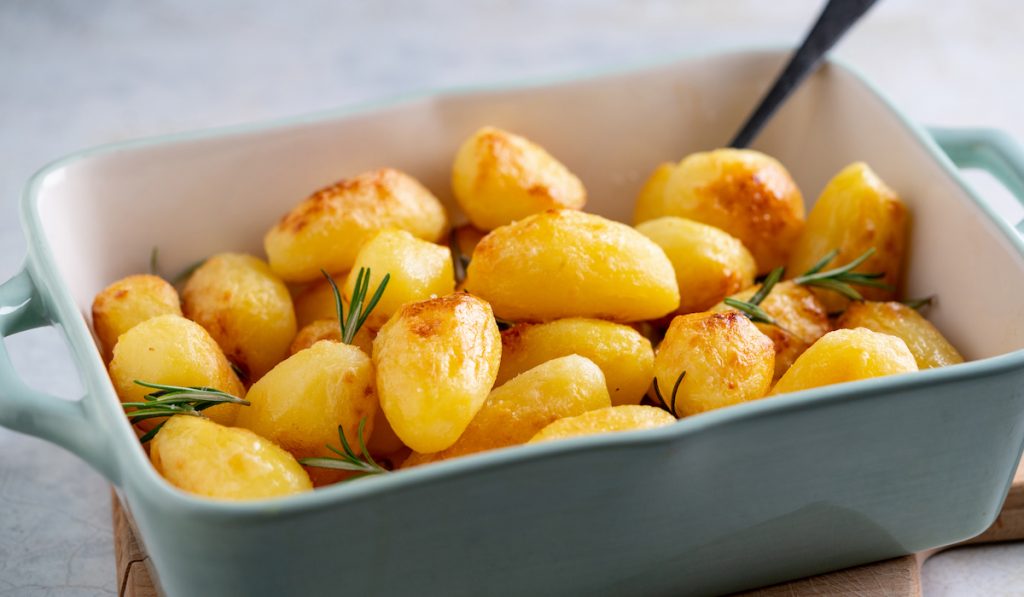
Can Eating Potatoes Cause a Reaction?
As you may have inferred from the previous subheading, potatoes are unlikely to cause histamine sensitivity unless you prepare them with high-histamine ingredients. But can eating potatoes cause any other reaction?
Potatoes can cause a reaction. However, potato allergy is pretty rare. Still, if you feel any unusual symptoms after eating potatoes, you should get yourself to a hospital.
If you are allergic to any nightshade plant, there is a chance that you might be allergic to potatoes too. So, it’s best to avoid them.
Other Risks of Eating Potatoes
Potatoes have a more pronounced effect on blood sugar levels than many non-starchy vegetables. In other words, potatoes can cause a sugar spike in uncontrolled amounts.
Sugar spikes, in turn, can contribute to insulin resistance and inflammation. For sure, you do not want any of those happening when you have histamine intolerance.
You should never eat raw potatoes. Raw potatoes contain significant amounts of an alkaloid called solanine. So, if you eat them, you may suffer from solanine toxicity.
Solanine toxicity may cause nausea, headache, dizziness, diarrhea, and even death in severe cases.
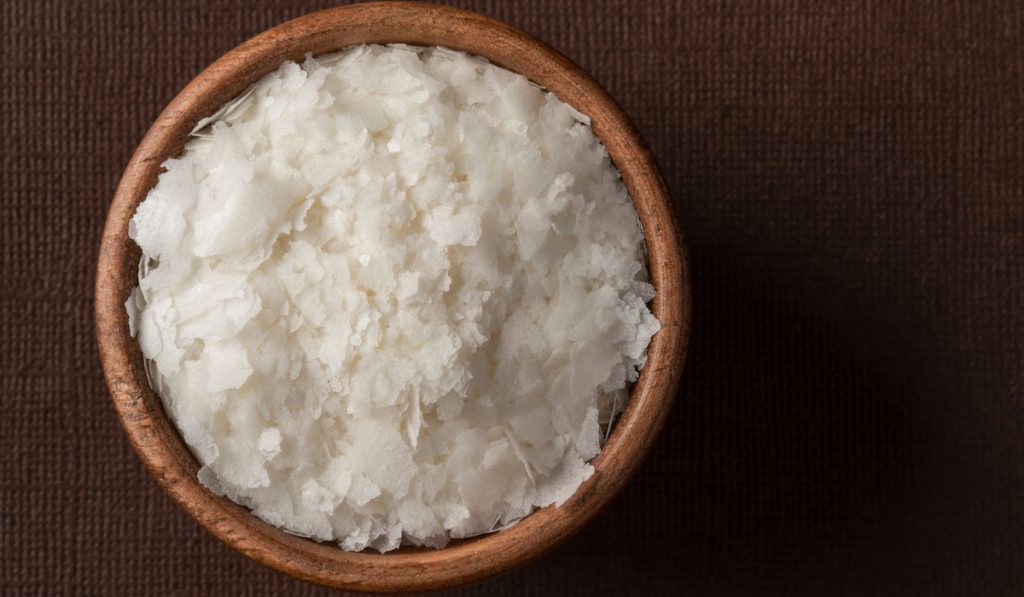
Are Potato Flakes High in Histamine?
Many other forms of potatoes have low histamine. However, potato flakes may have high histamine.
There are many steps in the process of making potato flakes. Some of them may involve introducing bacteria that produce histamine. Of course, potato flakes might have high histamine with them in the mix.
Besides the possibility of histamine-producing bacteria, the drum drying process can also increase histamine levels in potato flakes. Basically, drying the potatoes increases the proportion of histamine in them.
Are Sweet Potatoes High in Histamine?
Before we answer the prompt, we should clarify that sweet potatoes are not potatoes. They are not members of the nightshade family and are not related to potatoes.
Like potatoes, sweet potatoes are ordinarily low in histamine. But beyond that, they are more nutritious than potatoes, and their effect on blood sugar is relatively lower.
The textures of sweet potatoes and potatoes are pretty similar. So, if you are trying to avoid nightshade plants and the possible risks of eating potatoes, try sweet potatoes.
The bottom line is sweet potatoes are a healthier alternative to potatoes.

Tips to Help Maintain the Low Histamine Levels in Potatoes
As we already said, potatoes alone are typically not high in histamine. However, under specific circumstances, they may become high-histamine. Of course, this would be undesirable if you have histamine intolerance.
With the following tips, you should be able to maintain the low histamine levels in your potatoes:
- Only prepare your potatoes with other low-histamine ingredients or food items.
- Use stainless steel, ceramic, glass, enameled pots, cast-iron-coated cookware, or pans when cooking potatoes.
- If you intend to slow-cook your potatoes, use an Instapot or pressure cooker.
- Avoid cooking methods that involve heating your potato for prolonged periods (more than 1 hour). Boil, sauté, steam, braise, or bake your potatoes instead.
- Avoid non-stick cooking utensils and high-heat cooking methods.
- Do not leave your potato to set on the counter or in the refrigerator for more than 1 hour.
- Do not store your potatoes in plastic. Glass containers are a better option.
- Leftover potatoes are better frozen than refrigerated.
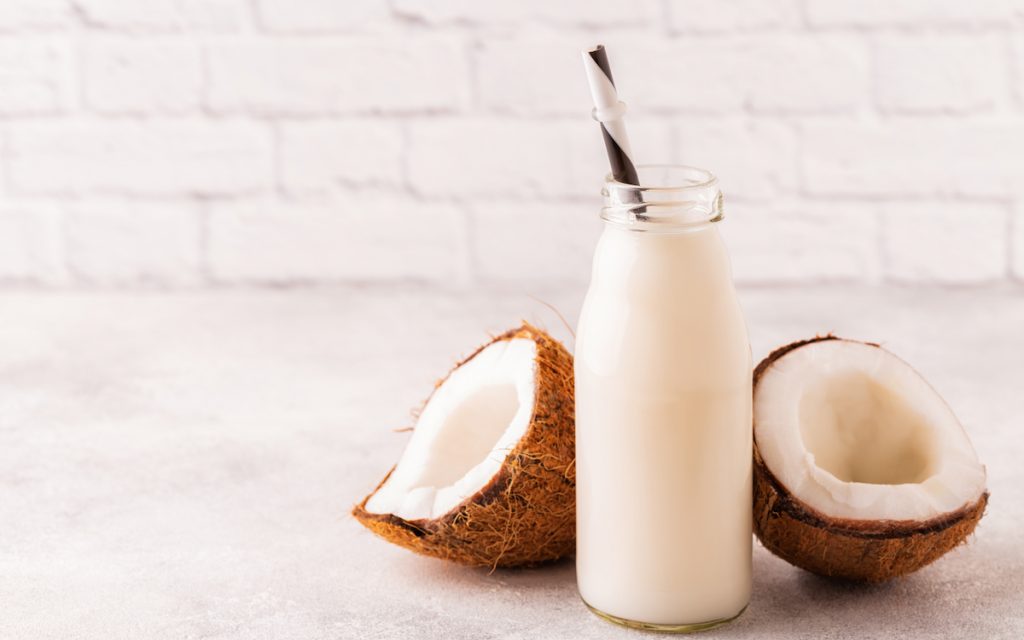
Other Low Histamine Foods
Besides potatoes and sweet potatoes, the following are some other low histamine foods you can consider:
- Eggs
- Fresh meat
- Non-citrus fruits
- Non-glutenous grains like rice and quinoa
- Some freshly caught fish
- Fresh vegetables (apart from avocados, tomatoes, eggplant, and spinach)
- Coconut milk
- Almond milk and other dairy substitutes
- Cooking oils like olive oil
9 High Histamine Foods
- Avocado
- Dried fruits
- Eggplant
- Spinach
- Dairy products like yogurt
- Fermented beverages like alcohol
- Processed meat
- Aged cheese
- Shellfish
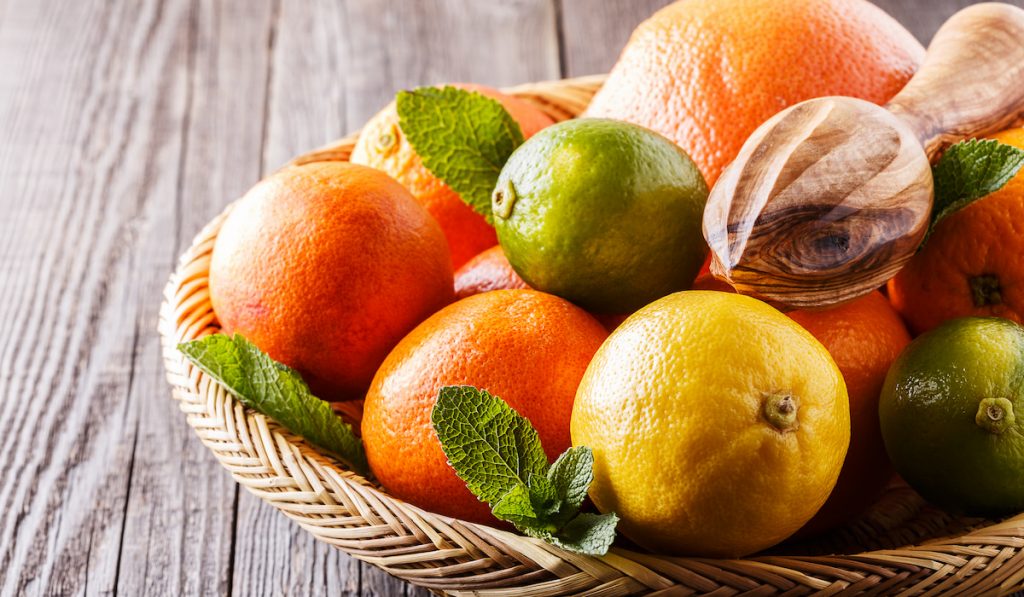
Foods That Can Cause Histamine Release in the Body
- Bananas
- Chocolate
- Alcohol
- Beans
- Wheat germ
- Citrus fruits
- Nuts
- Tomatoes
- Food dyes
- Papaya
Conclusion
Potatoes, in general, are not high in histamine. However, if you combine them with high-histamine ingredients, you might get a high-histamine meal. Also, if you cook them in high heat for long periods, they might become high in histamine.
That being said, each person’s sensitivity to histamine differs. So, pay attention to the foods that trigger histamine sensitivity or any other sensitivity in you. While potato allergy is rare, it is not impossible. So, if you ever feel unusual symptoms after eating some, get to a hospital.
